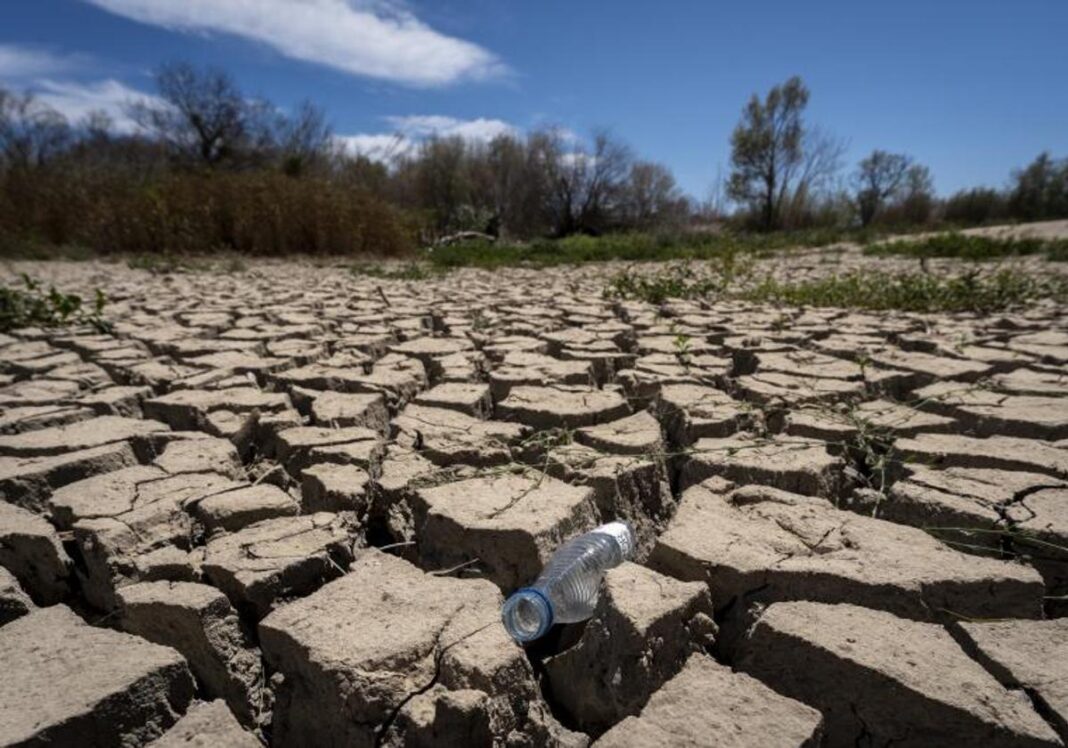Catalonia is suffering from its worst drought in a century. There is no rain in the Catalan regions, swamps are at an average of 18% and the government has already declared a state of pre-emergency before a state of emergency, which already means domestic water restrictions. The restrictions will affect six out of every eight Catalans, including residents of the Barcelona metropolitan area, where the majority of the Catalan population is concentrated.
In an effort to attack the drought, the government announced a series of measures this Tuesday to try to avoid entering a state of emergency. Among other things, he limited the supply of water per inhabitant per day to 210 liters of water and the capacity to water grass fields in sports facilities was reduced by half, which will also affect elite teams such as Barça or Espanyol. The pressure in household taps has not dropped yet, but they are on their way.
This is a transitional period, a pre-emergency period that serves as an alarm call to citizens in the event of a drop in reservoirs below 16%, which is the limit for the Catalan administration to declare a state of emergency. If the condition of the marshes worsens and reaches maximum emergency, the government is completing some work in the port of Barcelona to allow water supply ships to dock. At the moment, the Catalan government is trying to avoid entering an emergency phase, as this situation would completely affect economic activity, whether touristic, industrial or agricultural, which would have severe restrictions.
According to the government, the activation of the preliminary state of emergency is to prevent the introduction of “more critical” restrictions “with a direct impact on people’s lives and the country’s economy”. Currently, watering the grass is prohibited, except on areas designated for the federal practice of the sport. Irrigation will be allowed for the trees, and only by drip irrigation or watering cans. Private pools for individuals or for one family will no longer be able to be filled. It is also prohibited to clean streets, sewers, sidewalks, facades and the like with drinking water, whether public or private. Vehicles can only be washed in commercial establishments designed for this activity, which have water recirculation systems. Finally, the complete or partial filling of ornamental fountains, artificial ponds and other elements for aesthetic use was prohibited.


